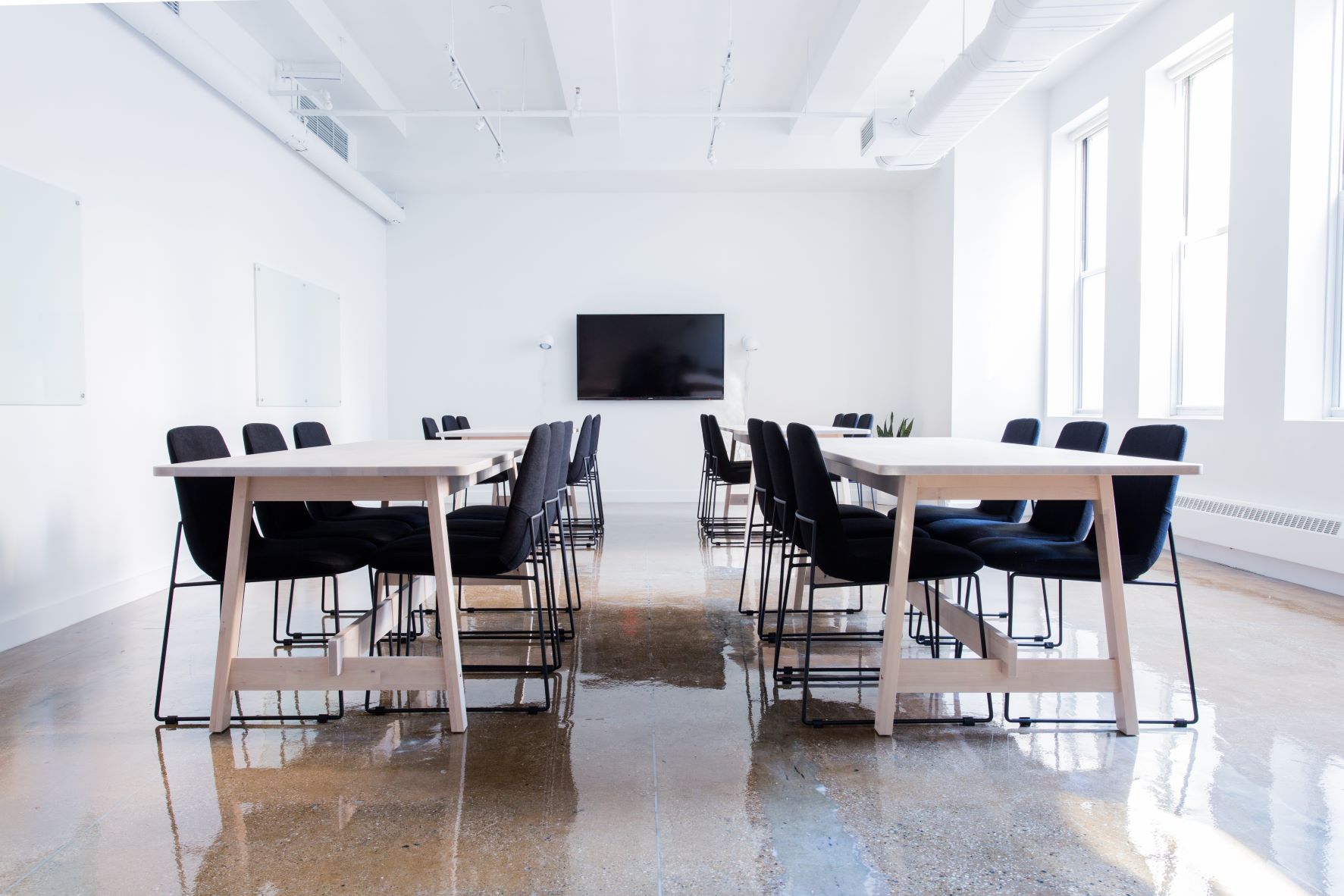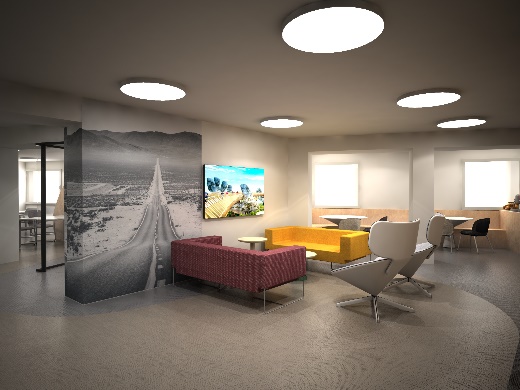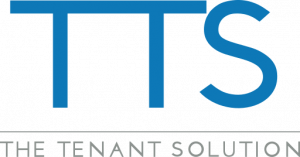As we mentioned in a previous article: Office spaces in the post-covid era, the end of the pandemic will bring new behaviours regarding teleworking and what the offices of the future will be like. But as mentioned in numerous national and international studies, this will not mean that we are witnessing the end of the offices. In the aforementioned article, Gonzalo Checa Astier, founding partner and director of Real Estate at TTS The Tenant Solution, already anticipated that the last quarter of this year will bring a face-to-face return to work for many companies, especially in southern Europe where there is a greater root of face-to-face work.
Some keys to making an optimal change of office or corporate headquarters
- Many offices relocate to urban areas. In the new hybrid model of teleworking and face-to-face work, the number of offices may be reduced, grouping in social headquarters and corporate offices that are larger, more accessible and more attractive to employees. Another debate is the question of the distances that professionals must travel to access their workplaces. In this sense, the return to the office represents an opportunity to seek environments that are better communicated by public and private transport, located in areas with a high level of proximity services. Thus, the new offices will preferably be in central locations and close to public transport. Offices are moving from the suburbs to urban areas. Most employees want good public transportation and access to restaurants, gyms, shopping, and culture.
- More attractive offices. Many permanent workspaces will become obsolete and the office will become much more of a gathering space. For employees to want to return to face-to-face work, offices need to become more attractive and make more square footage available per employee. Employees must be attracted to differential spaces that they cannot enjoy in their homes.
- The importance of a physical corporate headquarters. Although initially in many companies an increase in employee productivity was detected in the first months of the pandemic, the truth is that the lack of balanced management systems that integrate the best of telework and face-to-face have led to certain dysfunctions that In the long run, they have begun to limit both productivity and employee motivation. Most professionals long for daily personal treatment and collaboration with their business colleagues.
- The offices are an asset of strategic value for business development. In addition to important support for the creation of your brand and image.
- Workspaces must be redefined. The number of tables per worker will be reduced, but the number of spaces will increase to encourage collaboration and concentration, for videoconferencing and other uses.
- Higher demands from corporate tenants. They will require the most rigorous protocols in cleaning, hygiene, disinfection, maintenance of air conditioning systems and other general services.
- Higher quality and sustainable offices. More than half of medium and large companies plan to increase the quality of their spaces in the next three years. And they will also bet on sustainability and the environment (carbon neutrality objective). However, currently, few companies have their portfolio of office properties in sustainable buildings or with green accreditation, so the return of employees may represent an opportunity to search for new offices in properties with these characteristics. If companies want to attract talented people, they must have a clearly defined environmental strategy.
- Smart offices. It is also a good time to look for offices equipped with systems and sensors that allow the collection of data with which to carry out more efficient management of common spaces and allow a productivity improvement. Thanks to new technologies, it is now possible for companies to determine from how meeting rooms are used (number of people who occupy them, where they sit, for how long, etc.) to who uses the car park and how often.
- No recession in the office markets. People also like to come to the office. That’s in part because some people don’t have a nice, quiet workplace at home. Therefore, the office market is not going to collapse.
- The open-plan office is the future. By stimulating vital communication between employees, although spaces for team projects should not be mixed too much with spaces of concentration. They should be separate areas to limit the negative consequences of noise nuisance.
- No radical options. We do not believe that this new era entails major breaks in current approaches, but improvements depending on the environment and location. There will be more areas for team projects, space for employees to meet informally, and spaces where people can focus. It will also invest in facilities to improve the health and well-being of employees, including a good mix of workspaces.
- Taking into account the culture of each country. Southern countries prefer employees to work in the office and are used to a more cellular environment with private offices. Some try to change this culture and promote collaborative open-plan areas and the use of work from home. But social and cultural habits are often deeply ingrained and change is slow.
- Comfort in the office. Some offices have started to look more like hotels. We must deliver incredible work experiences to employees. Enjoying a good cup of coffee and breakfast on arrival, for example. The office should be a welcoming and attractive place, a real destination that you would like to visit in your spare time.
- The office must be an amazing product. Returning to the locations and depending on the sector, the opposite phenomenon to centralization may occur. Some companies want to expand their offices and prefer ten 500-square-meter offices to one 5,000 square meters. In these cases, they will be smaller, pleasant and flexible.
- Office gardens new style. Fewer bricks will be needed in the future and more open and greener spaces will be integrated.
- Energy-efficient offices. With the upgrade of LED lighting in most locations; as well as motion sensors and activation and deactivation of energy sources.
Time to act now
Now is the ideal time to take action and take advantage of this opportunity by adapting our offices and corporate headquarters to the new reality. Do you need help with this? Get in touch with us and we will make you a study without obligation.
Or contact Gonzalo Checa Astier (TTS Founding Partner and Real Estate Director):
- Mail: gonzalo.checa@tts-sl.com
- Phone: +34677937567



